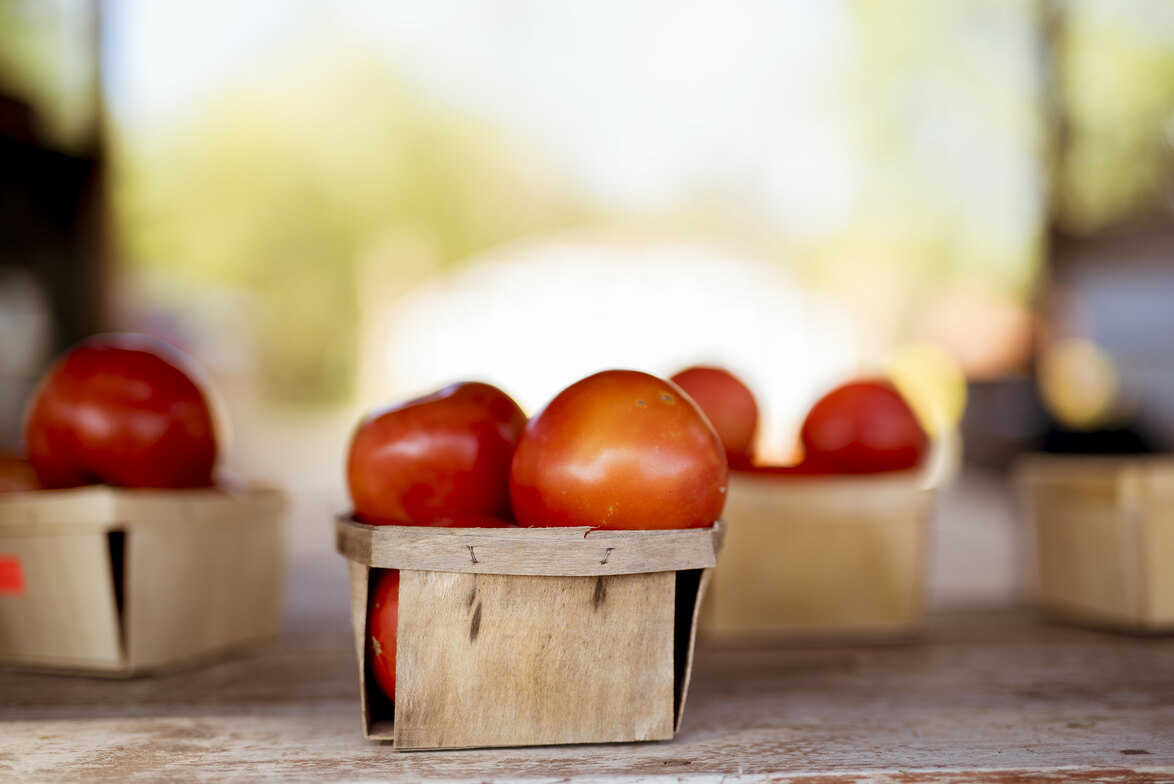Maybe We Are Missing the Point


Are You Living an Eternal Life or a Perishing Life?
Most of us know John 3:16 by heart. It's the verse on highway billboards and football stadium signs. But what if we've been missing the deeper meaning of Jesus' words to Nicodemus? What if this famous passage isn't just about getting to heaven someday, but about how we're living right now?
What Does "Eternal Life" Really Mean?
When we hear "eternal life," we typically think about living forever in heaven. But the Greek word used here - "aioniosa" - isn't primarily about duration. It's about quality.
Think of it this way: "gallon" is a measurement word, but "rich" is a quality word. Eternal life isn't just about quantity of time - it's about the richness and quality of life itself.
The Divine Quality of Life
Eternal life means having a life that reflects God's character qualities - His justice, mercy, grace, love, and creative power. Yes, this life goes on forever, but that's not what makes it special. What makes it extraordinary is that we get to live with divine characteristics right now.
This is the life we were created for - a life that is just and gracious, loving and merciful, life-giving and creative.
What Does It Mean to Be "Perishing"?
On the flip side, Jesus talks about people who are "perishing." We usually think this means going to hell when we die. But again, there's more to the story.
The word translated as "perishing" means something that is being ruined or made useless. While death is certainly the ultimate form of uselessness, it's not the only way to make your life useless.
The Grocery Store Analogy
Think about perishable items at the grocery store - milk, bread, tomatoes. Why do we call them perishable? Because they have an expiration date. They're going to spoil.
But here's the key insight: a tomato on the vine is healthy and growing because it's connected to its source of life. A tomato in the grocery store, no matter how beautiful it looks, is already dying because it's been cut off from the vine.
Are You Connected to the Vine?
This is the crucial distinction Jesus is making. If you aren't connected to the vine that gives you life - God himself - you're perishing right now.
When we get disconnected from our divine source of life, we become perishable. We start dying, and the effects show up immediately:
- We bruise easily emotionally
- Parts of our character go bad
- Our attitudes start to stink
- We lose our God-given purpose
Two Ways of Living Today
Jesus wasn't just talking about what happens when we die. He was contrasting two different ways of living with two different outcomes that start right now:
The Perishing Life: Cut off from God, losing purpose, becoming spiritually useless, dying from the inside out.
The Eternal Life: Connected to God, reflecting His character, living with divine purpose and power.
How Do We Stay Connected?
The only way to stay fresh spiritually - the only way our lives take on eternal qualities - is by staying connected to the vine that gives us life. This connection is expressed through love.
Even if you're a good person, even if you've done all the right things, even if you've said the sinner's prayer, without this ongoing connection to God, you begin to perish.
The Choice Is Yours
You can choose which life you want to live today. Not just for eternity, but for right now.
One path leads to a life that is perishing - losing purpose, becoming spiritually useless, disconnected from your source of life.
The other path leads to eternal life - a life connected to God that reflects His character of love, justice, mercy, and creative power.
Life Application
This week, examine your spiritual connection. Are you living a perishing life or an eternal life? The quality of your spiritual life today matters just as much as your eternal destination.
Challenge: Identify one area where you feel spiritually "stale" or disconnected. Take concrete steps to reconnect with God through prayer, scripture, worship, or serving others in love.
Questions for Reflection:
- In what areas of my life do I feel like I'm "perishing" - losing purpose or becoming spiritually useless?
- How can I tell if I'm truly connected to God as my source of life?
- What would it look like for me to live with more of God's character qualities this week?
- Am I living an eternal kind of life right now, or just hoping for eternal life later?